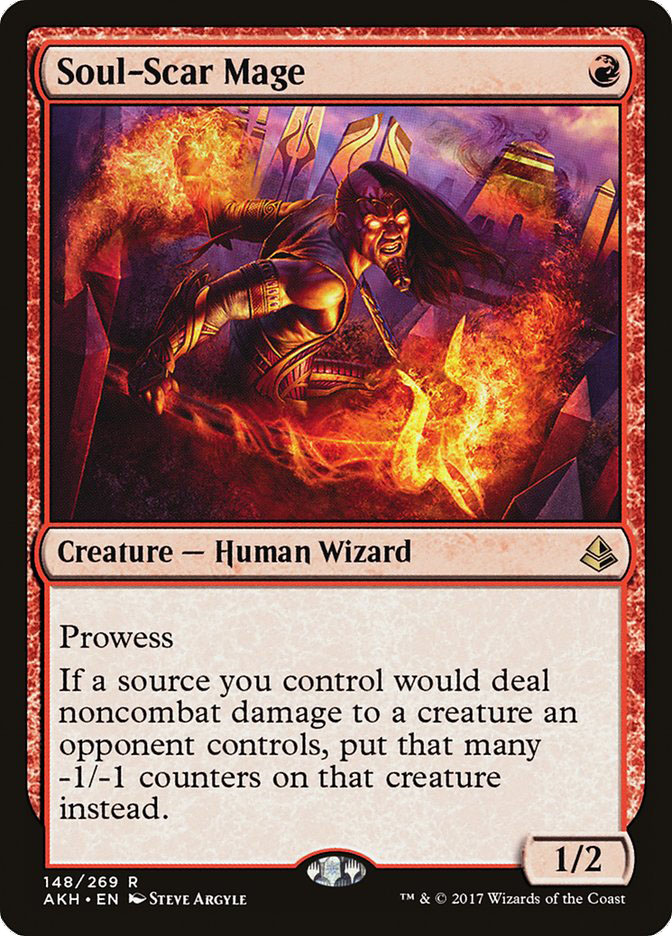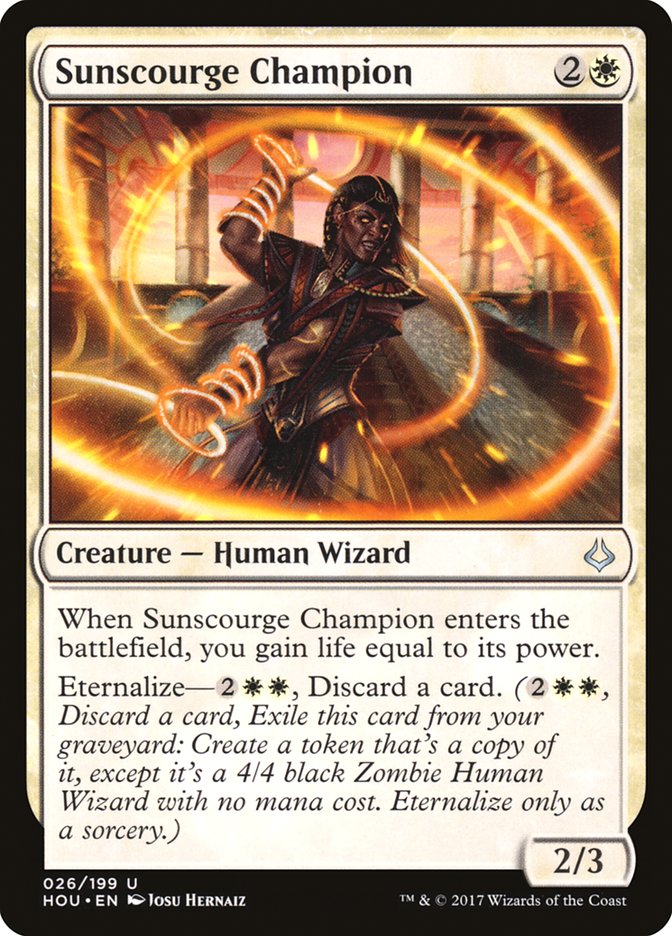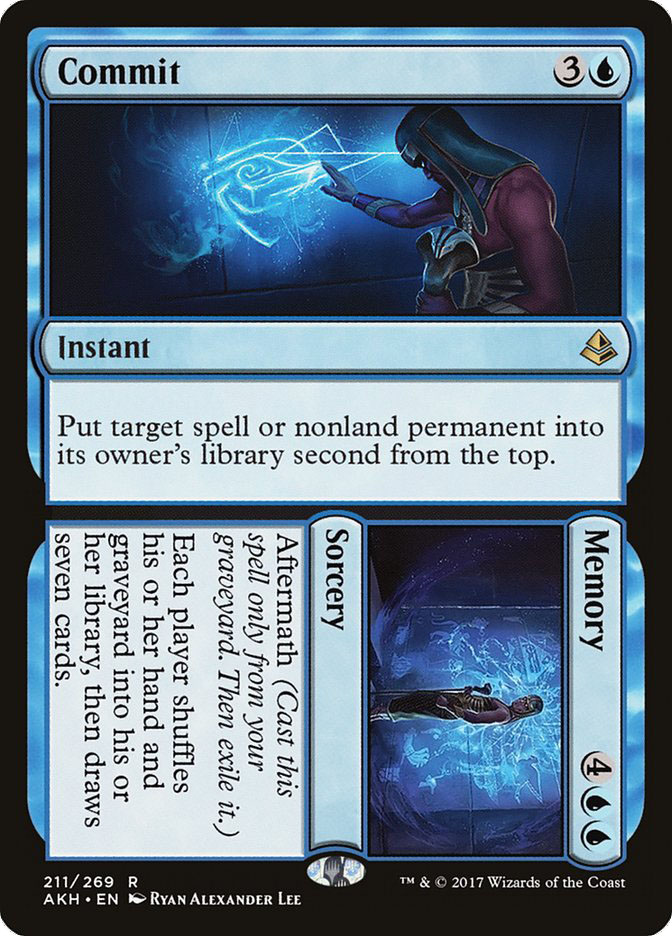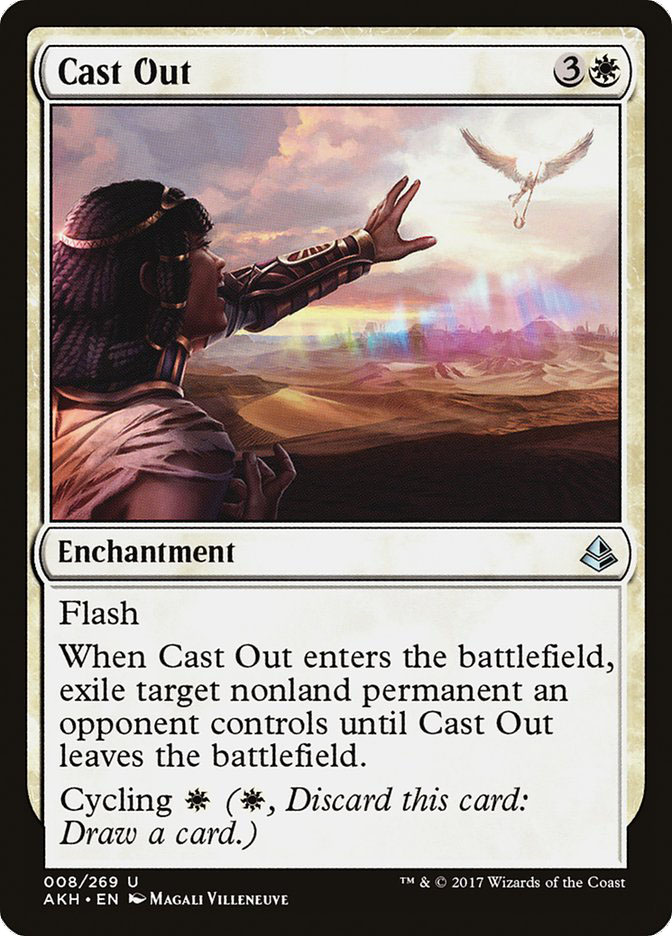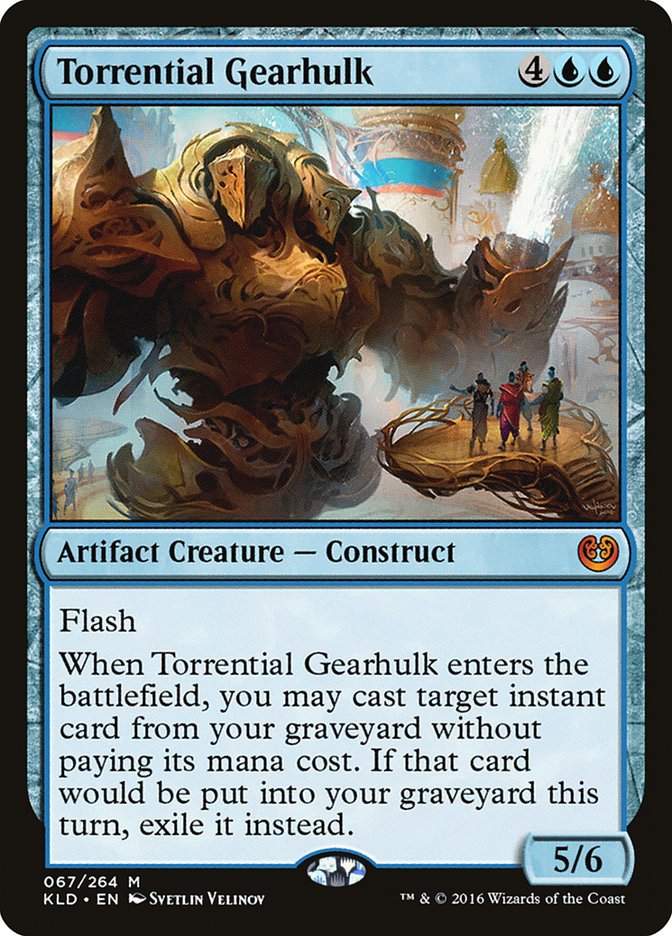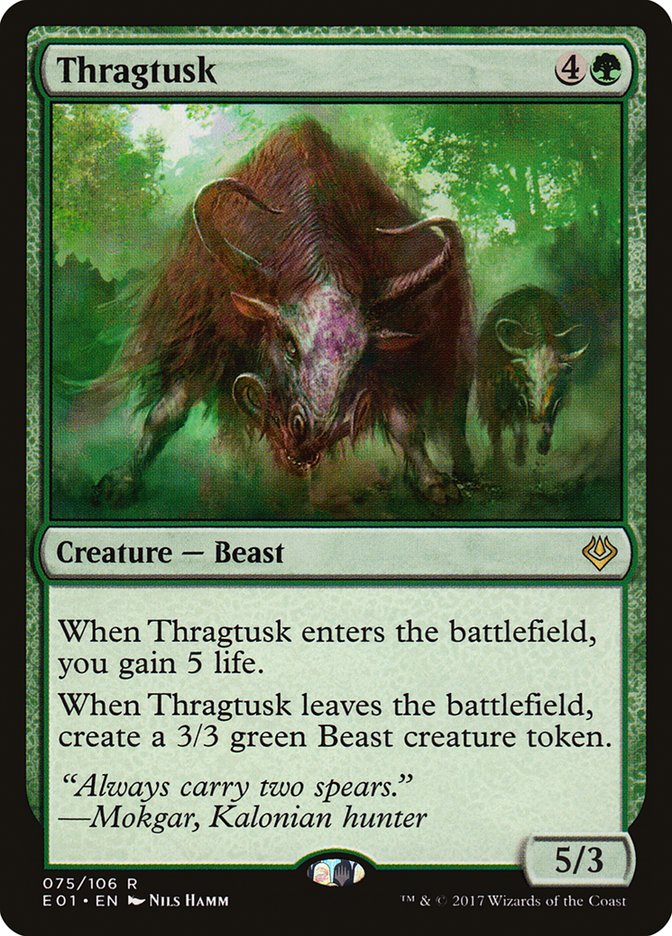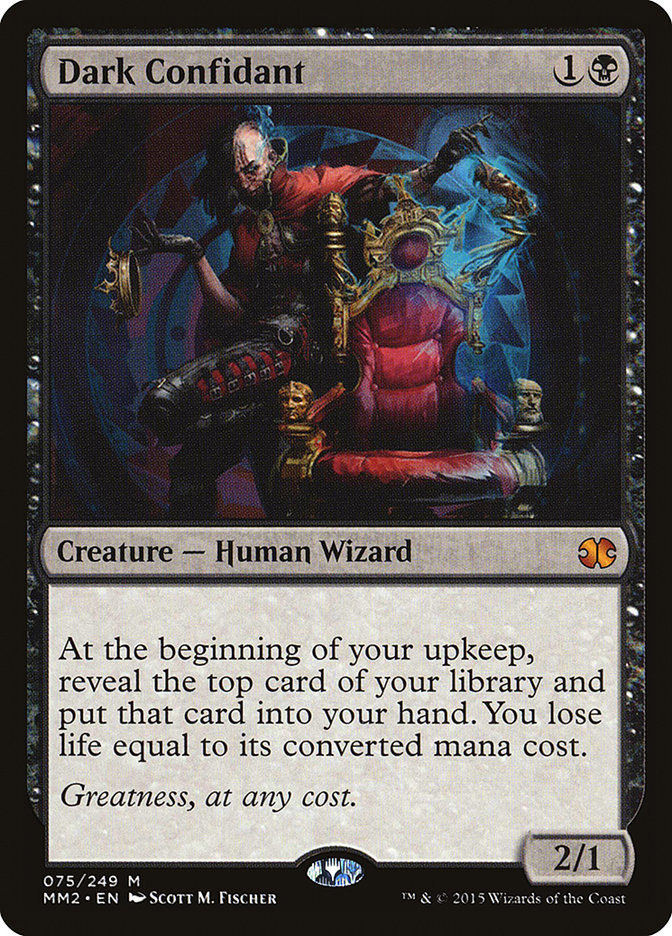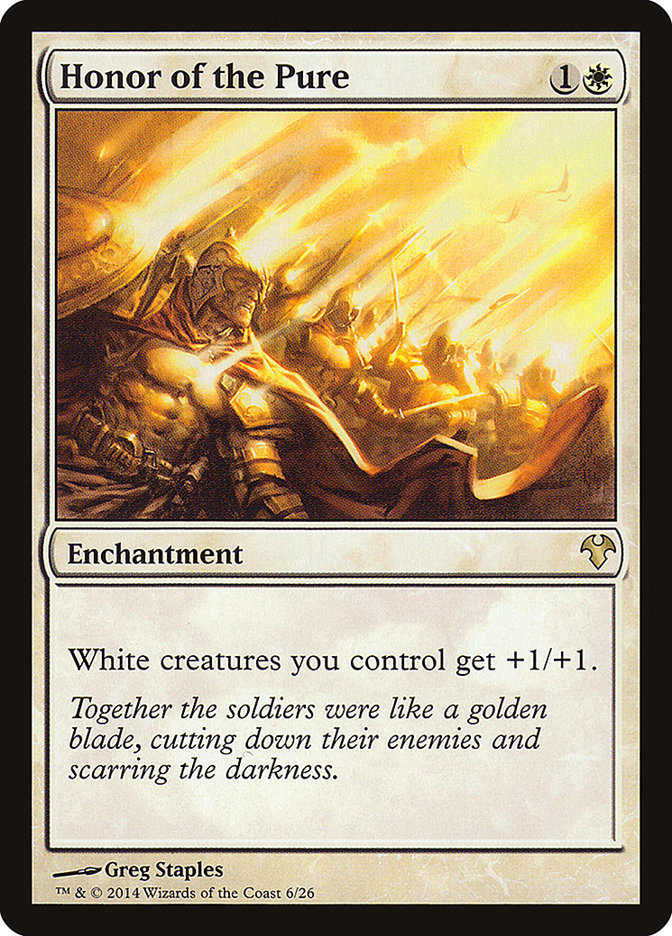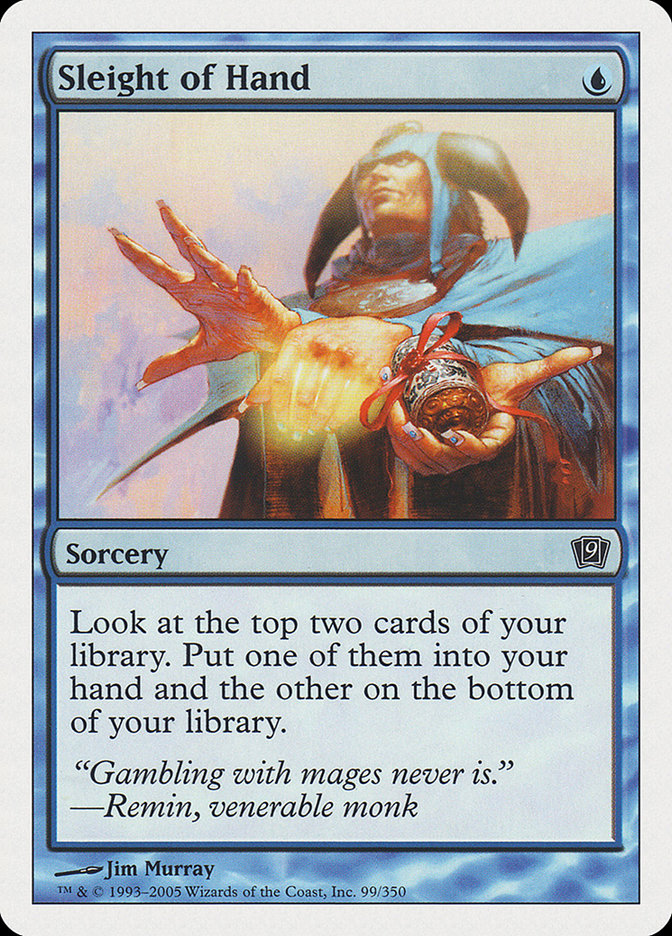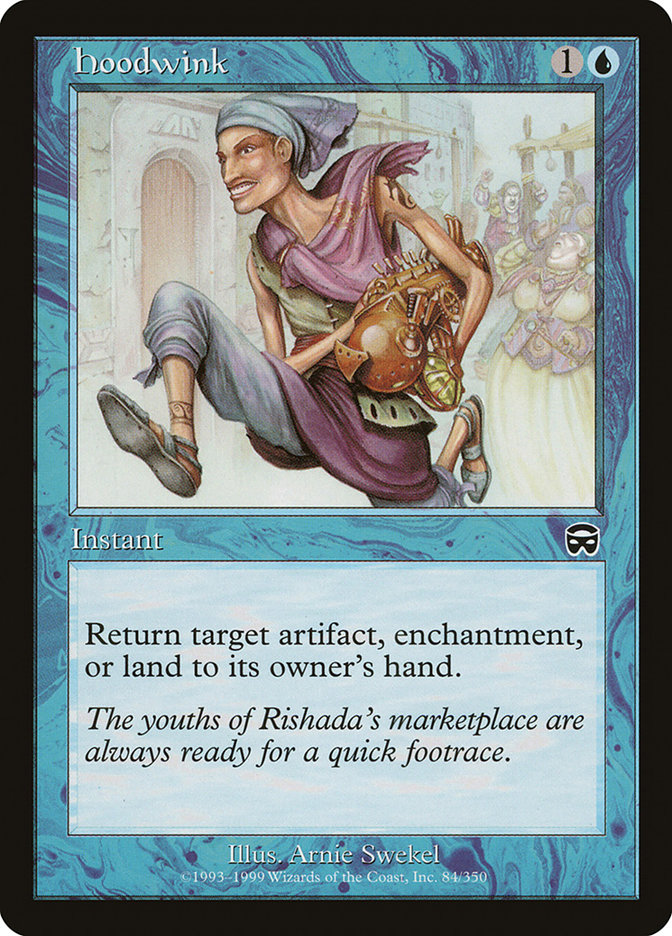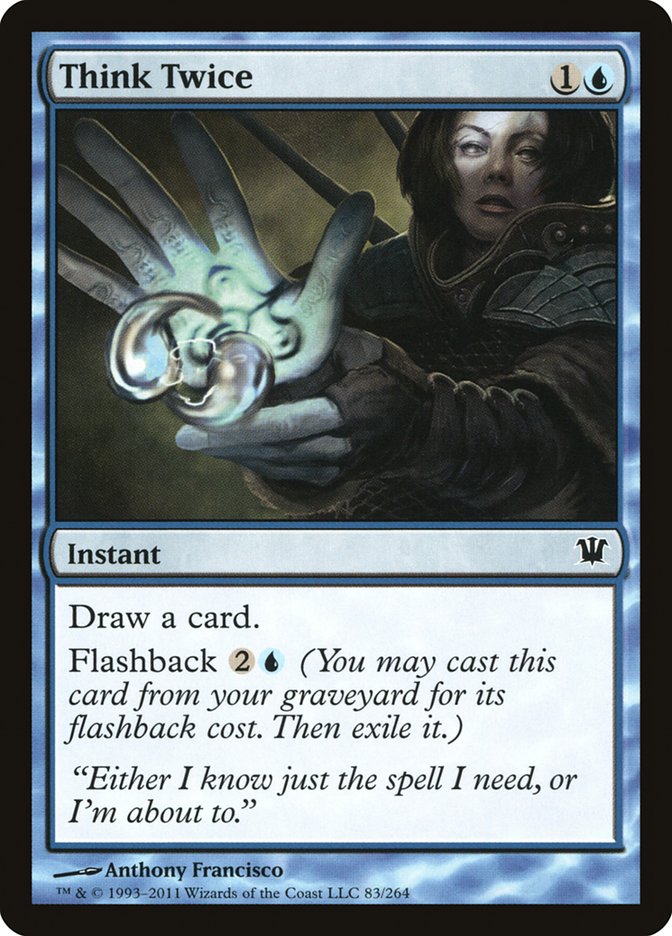The thing I love the most about Magic: The Gathering is that there are so many opportunities to learn and better yourself, and not only through the game itself but through your interactions with other people, and through various scenarios that come up playing the game.
One thing that has been on my mind lately has been various scenarios that call upon making a moral judgment call. I believe that these scenarios are generally very interesting and can make for excellent conversation. I have learned a lot by studying these scenarios and talking through them with friends of mine. Some of these scenarios are relatively cut and dried, with the answer revolving strictly around the tournament rules. In some of the scenarios, however, you will have to follow your own moral code of conduct.
The following are a few scenarios that I or friends of mine have run into while playing tournament Magic over the years. All of the scenarios take place at a Competitive Rules Enforcement Level. I ask that you read the scenario and draw your own conclusions about what you think you should do before reading my answer. I’d be happy to hear any opinions that may differ from mine.
Scenario 1
Your opponent attacks you with a Soul-Scar Mage, and you block with a Sunscourge Champion. Before indicating that they want to go to damage, your opponent casts Shock on your Sunscourge Champion. You understand what is going to happen, so you put your Sunscourge Champion in the graveyard. To your surprise, however, your opponent also puts their Soul-Scar Mage in the graveyard. What should you do? What must you do?
In this scenario, you must inform your opponent that their Soul-Scar Mage is still alive. It is clear that your opponent forgot that Soul-Scar Mage makes the Shock give your 2/3 creature two -1/-1 counters, but this is part of the game rules and is something that is up to both players to remember. If the Soul-Scar Mage in this scenario was instead a Monastery Swiftspear, you would be able to allow your opponent to put their creature in the graveyard. In that scenario, the assumption is that they missed the prowess trigger, which is something that can be missed. However, in the scenario with Soul-Scar Mage, even if your opponent forgot about the prowess trigger, the Shock will still shrink your creature so that the Soul-Scar Mage won’t be dealt lethal damage.
If you understand all of this and still allow your opponent to put their creature in the graveyard, that would be considered cheating.
Scenario 2
You cast Commit on a Cast Out that has one of your Torrential Gearhulks under it. It resolves, and with your Torrential Gearhulk trigger you target your Commit that you have just resolved, announcing that you intend to cast Memory. Your opponent is unsure if you can target the spell that just resolved, so they call a judge. The judge rules that you cannot target Commit // Memory. You know this to be incorrect, so you politely wait for the judge to finish their ruling, and then you ask to appeal. The head judge upholds the floor judge’s ruling. You still know this ruling to be incorrect. What should you do? What must you do?
In this scenario, you must accept the ruling of the head judge. This is tough, especially if you are certain that you are correct in the scenario. But the reality is that the head judge’s rulings are final, and this is the case for good reason. More often than not, in the scenario where you disagree with the head judge, you will be wrong. It would be detrimental to Tournament Magic if you were allowed to continue arguing with a head judge after their ruling has been made.
That said, I think you should follow up with the judges after the match is over to talk about the ruling. This will give the head judge the opportunity to confer with other judges to find out what the correct ruling actually was. If you were in fact correct, then the judge will learn and not make the same mistake again.
Scenario 3
You’re playing a match and announce your life total after a life total change. Your opponent looks confused for a moment, but then agrees with you and scratches out what they had written. You notice they had written a higher life total for you, but gone back and changed it to what you had announced. You do the math again and see that they were right the first time. What should you do? What must you do?
This is an example of something that an opportunistic player (dishonestly so) could do in competitive Magic. There is a good chance that your opponent knew that you were wrong about the life totals, but because it benefited them, they were willing to misrepresent the game and record what you had stated. In this scenario, you should call a judge. Ask to talk to the judge away from the table, and inform the judge about the interaction that you and your opponent just had. Point out the life total that was initially recorded by your opponent and then scratched out. The judge will then be able to launch their own investigation as to whether or not they believe there was malicious intent here.
This scenario was pretty extreme, but I think in general players should be more proactive in involving judges in life total discrepancies like this one. A vast majority of cheats that happen in the game are opportunistic cheats like this one, and if we want to combat that as a community, then that is where we need to be most vigilant.
Scenario 4
Going into the last round of Swiss, you’ve looked at the standings and know that with an Intentional Draw and your excellent tiebreakers, you will be locked for Top 8. You see the pairings, and see that you are paired against someone with the same record, but much worse tiebreakers. With a draw, they will either get eighth or more likely ninth. What should you do? What must you do?
In this scenario, you have no obligation to do anything. In fact, you are well within your rights to offer an Intentional Draw to your opponent. If a draw locks you for Top 8, it is in your best interest to do so. However, you must not lie to your opponent. If your opponent asks you if you are both safe to draw into Top 8, you should, in my opinion, inform them that they will either get 8th or 9th with a draw. It is up to your opponent to do the math that is relevant to them, and make their decision from there.
This scenario highlights how important it is to stay informed and do your own math when in scenarios like this. Your opponent does not have your best interests at heart.
Scenario 5
You’re in the feature match with large dice. You offer a high roll of three dice. Your opponent says they prefer just two. You accept and roll two dice. Your opponent picks up the dice, studies them in their hand, and then plops an eleven down on the table without them rolling much at all. What should you do? What must you do?
In this scenario, you should call a judge. I won’t call a judge in every scenario where my opponent’s dice don’t roll a lot, but this scenario is particularly damning. Not only were these large feature match dice, but the opponent declined rolling three dice instead of two.
Although it is difficult for the judge to make a ruling on a die roll that they did not witness, by calling a judge you are informing them of the situation so that they can watch this player moving forward. Just like any other type of cheat, it is important to inform a judge about any suspect behavior so they can keep track of trends and potentially catch someone down the road.
Scenario 6
You are representing a Clue token with a die in your match. A couple of turns have passed, and you have forgotten that you have a Clue on the battlefield. Your friend then comes up to the match and hands you a printed Clue token, stating “Here, use this to represent your Clue,” effectively reminding you that you had a Clue on the battlefield. What should you do? What must you do?
In this scenario, you must call a judge. I found this one to be particularly difficult. There is no guarantee that your friend meant to remind you about your Clue, and it’s also hard to tell if they even knew you had forgotten about it in the first place. A key point here is that the judge program should be able to determine if there was any malicious intent here. You have to trust the system. If there was malicious intent to give outside assistance by your friend, then the judges should definitely be involved and your friend should be given the appropriate penalty. The only reason I can see for someone not wanting to call a judge in this scenario would be to not out their friend. I understand this as an initial gut reaction, as I had it myself when presented with this scenario. But following through on not calling a judge because you don’t want to out them as cheating is clearly immoral when laid out in plain terms.
Scenario 7
You are locked for the Top 8 of a tournament, and will be first seed going into the Top 8 even with a loss. Your opponent in the last round of Swiss needs to win in order to make the Top 8. They ask you to concede to them. What should you do? What must you do?
A lot of people believe that in this scenario, you should concede to your opponent. I disagree. You have no obligation to concede to or intentionally draw with your opponent in any scenario, no matter what may or may not be on the line. You always have the right to decide to play out a match of Magic. You certainly have the option to concede to your opponent if you wish, but that should be out of your own free will, not because of some social obligation.
Scenario 8
You are dead for Top 8, but in the last round of Swiss you are paired up to a player who will make it into the Top 8 with a win. They ask you to concede. What should you do? What must you do?
Much like the previous scenario, many people believe that you should concede in this spot. But again, I believe that you are never obligated to concede to your opponent. In fact, I am much less likely to concede in this scenario than the last. In the previous scenario, you had nothing to lose by conceding. But in this scenario, you are giving up your own standing in the tournament in order to do your opponent a favor.
I do want to stress that you must not request or expect anything from your opponent in exchange for a concession. This is bribery and strictly forbidden under the tournament rules.
***
Many of the solutions to these dilemmas can be solved by talking to a judge before taking any actions, so I want to stress how important it is to talk to a judge if you are ever unsure what your course of action should be. There is nothing wrong with talking to a judge in any situation.
Hopefully you found some of these situations interesting and thought-provoking. If you have any more interesting scenarios that you have come across while playing Magic, I would love to hear about them and discuss them.


